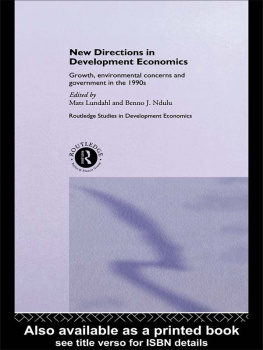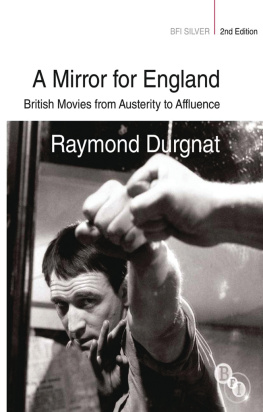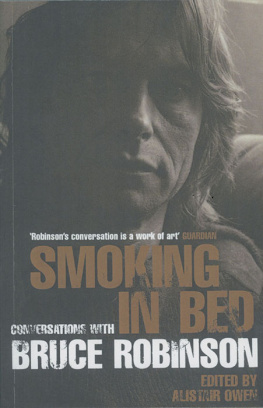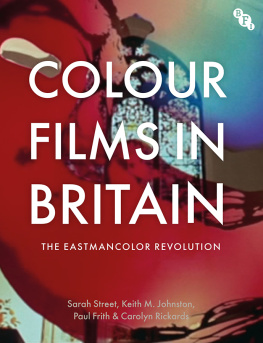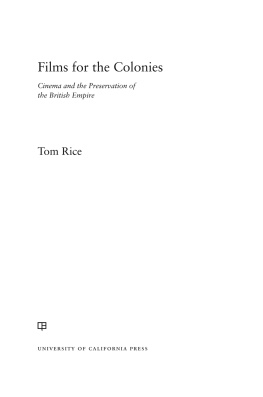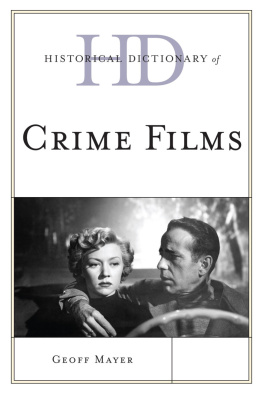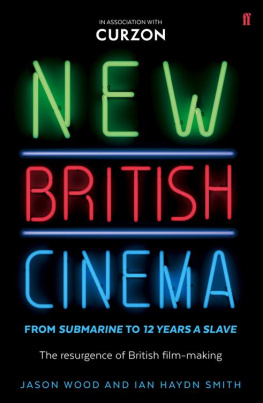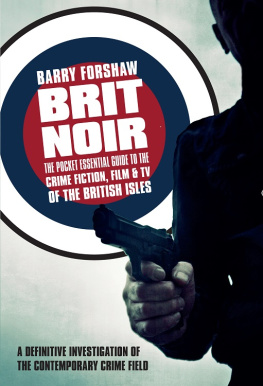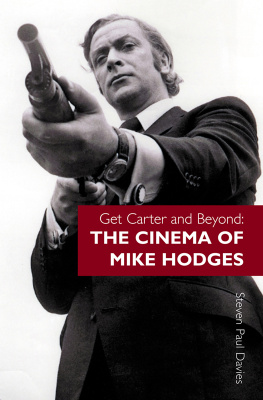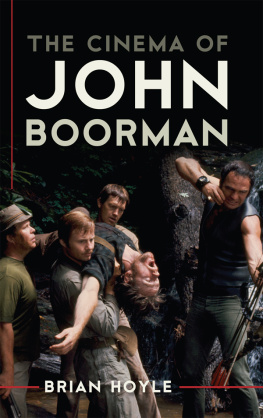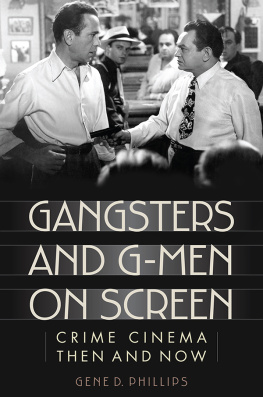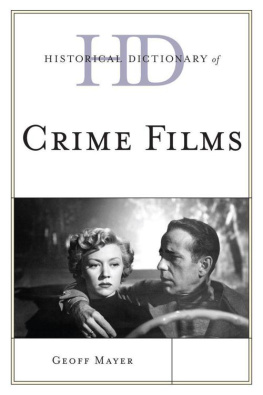At a time when there is a growing popular and scholarly interest in British film, with new sources of funding and notable successes in world markets, this series explores the largely submerged history of the UKs cinema of entertainment.
The series rediscovers and evaluates not only individual films but whole genres, such as science fiction and the crime film, that have been ignored by a past generation of critics. Dismissed for decades as aberrations in the national cinema and anaemic imitations of American originals, these films are now being celebrated in some quarters as important contributions to our cinematic heritage.
The emergence of cult genre movies from the apparently respectable lineage of British film emphasises the gap between traditional academic criticism and a new alliance between revisionist film theorists and extra-mural (but well-informed) cinema enthusiasts who wish to take the study of British film in unexpected directions. This series offers the opportunity for both established cineastes and new writers to examine long-neglected areas of British film production or to develop new approaches to more familiar territory. The books will enhance our understanding of how ideas and representations in films relate to changing gender and class relations in post-war Britain, and their accessible writing style will make these insights available to a much wider readership.
British Crime Cinema
Edited by Steve Chibnall and Robert Murphy
London and NewYork
First published 1999
by Routledge
11 New Fetter Lane, London EC4P 4EE
This edition published in the Taylor & Francis e-Library, 2005.
To purchase your own copy of this or any of Taylor & Francis or Routledges collection of thousands of eBooks please go to www.eBookstore.tandf.co.uk.
Simultaneously published in the USA and Canada
by Routledge
29 West 35th Street, NewYork, NY 10001
1999 Steve Chibnall and Robert Murphy, selection and editorial matter; individual chapters, the contributors
All rights reserved. No part of this book may be reprinted or reproduced or utilised in any form or by any electronic, mechanical, or other means, now known or hereafter invented, including photocopying and recording, or in any information storage or retrieval system, without permission in writing from the publishers.
British Library Cataloguing in Publication Data
A catalogue record for this book is available from the British Library
Library of Congress Cataloguing in Publication Data
British crime cinema/edited by Steve Chibnall and Robert Murphy
Includes bibliographical references and index.
1. Gangster filmsGreat BritainHistory and criticism.
I. Chibnall, Steve. II. Murphy, Robert.
PN 1995.9.G3B72 1999
791.43655-dc21 9849739
CIP
ISBN 0-203-97991-5 Master e-book ISBN
ISBN 0-415-16869-4 (hbk)
ISBN 0-415-16870-8 (pbk)
Contributors
Charlotte Brunsdon teaches in the Department of Film and Television Studies at Warwick University. She is the author of Screen Tastes (Routledge, 1977) and co-editor of Feminist Television Criticism (Oxford University Press, 1997).
Viv Chadder is a Senior Lecturer in Cultural Studies at Nottingham Trent University. She is currently researching in the area of Lacanian psychoanalysis and cultural forms, particularly the performing voice.
Steve Chibnall is co-ordinator of the British Cinema and Television Research Group at De Montfort University, Leicester. His first book, Law and Order News (Tavistock) was published in 1977 and he has written widely for journals, edited collections and popular magazines. Recent work includes articles on Brighton Rock, Basil Deardens youth problem films, British SF movies and showmanship in film exhibition. His book Making Mischief on the cult films of Pete Walker was published in 1998 and he is currently editing a collection on the British horror film and writing a book on J.Lee Thompson.
Andrew Clay is currently completing a PhD on the British crime film at De Montfort University and writing a book on Lewis Gilbert. He has contributed to the Journal of Popular British Cinema and Moving Performance: British stage and screen, 1890s-1920s.
John Hill is Professor of Film and Media Studies at the University of Ulster. He is the author of Sex, Class and Realism: British Cinema 195663 (BFI, 1986) and British Cinema in the 1980s (Oxford University Press, 1999) and editor of The Oxford Guide to Film Studies (Oxford University Press, 1998). Leon Hunt is a lecturer in Film and TV Studies at Brunel University. He is the author of British Low Culture: From Safari Suits to Sexploitation (Routledge 1998), and has also contributed to Velvet Light Trap, Necronomicon and You Tarzan: Masculinity, Movies and Men.
Brian McFarlane is an Associate Professor in the English Department of Monash University, Melbourne. His latest books are

